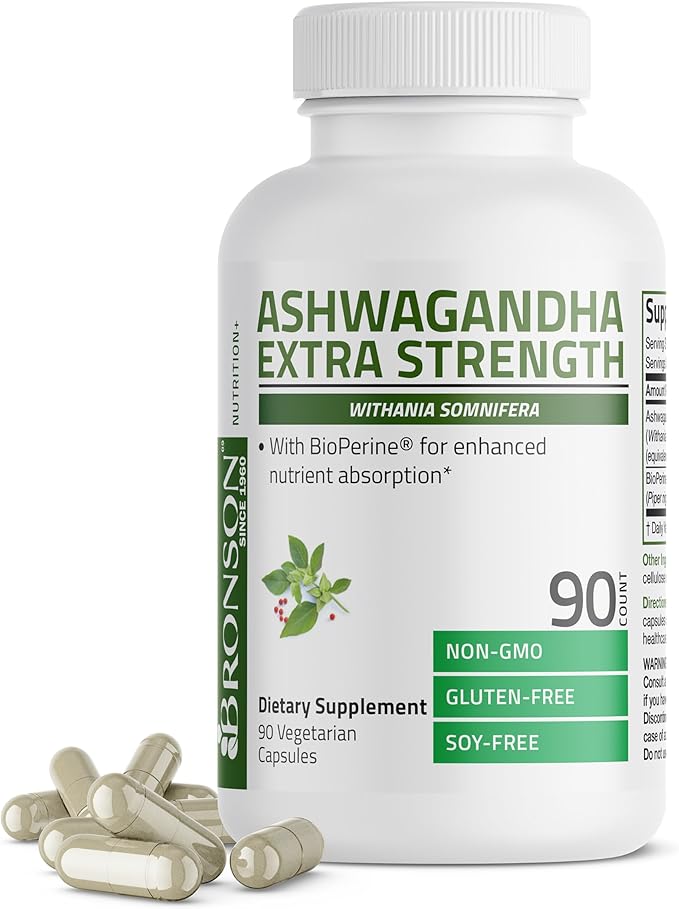Can you take Alpha Linolenic Acid and L-ascorbic acid together?
Interaction Details
Taking Alpha Linolenic Acid and L-ascorbic acid together has the potential for good synergy, suggesting a rating of 4 out of 5.
Alpha Linolenic Acid (ALA), an omega-3 fatty acid, and L-ascorbic acid, also known as vitamin C, can work together synergistically. Vitamin C is known to enhance the absorption of fatty acids. ALA's anti-inflammatory properties can be complemented by vitamin C's antioxidant properties, potentially leading to an enhanced protective effect against oxidative stress and inflammation. Additionally, both compounds are involved in supporting heart health; ALA may help in reducing triglycerides and blood pressure, while vitamin C may help in improving blood vessel function. The combination could potentially amplify their individual benefits, particularly in cardiovascular health and antioxidant defense.
Potential Benefits
Potential Risks
Related Studies
Alpha Linolenic Acid
Alpha-Linolenic Acid (ALA) is an omega-3 fatty acid found in plant-based foods such as flaxseeds and walnuts. It is considered an essential fatty acid because the human body cannot produce it on its own.
Some benefits of ALA include supporting heart health and reducing inflammation.
L-ascorbic acid
L-ascorbic acid, commonly known as Vitamin C, is a water-soluble vitamin that plays a vital role in various bodily functions, including immune function, collagen production, and iron absorption.
Some of the benefits of L-ascorbic acid include:
- Boosts immune system function
- Acts as an antioxidant
- Enhances iron absorption
